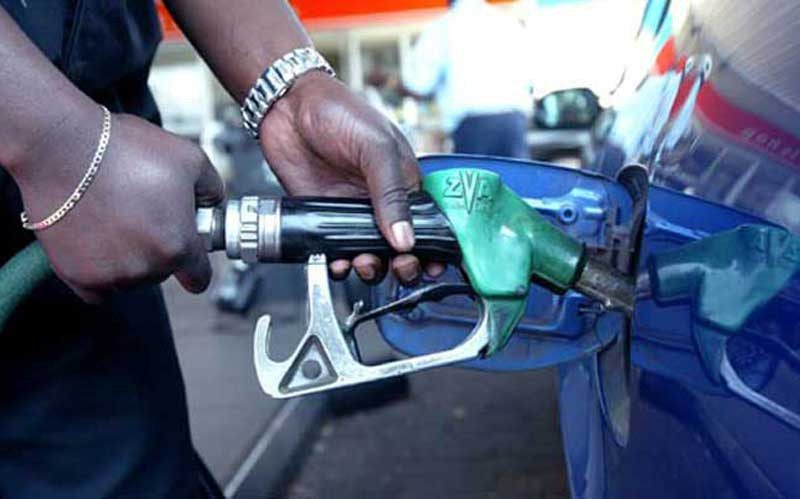
The City of Harare said this week decisions to allocate land for service stations were being made in line with regulations, as residents slammed an explosion of new operators on land previously preserved for other purposes.
Last week, the Zimbabwe Independent reported that construction of service stations was at its peak across the country, with regulators issuing over 3 300 licences in the past four years.
Investors have been attracted by a significant rise in the Zimbabwean vehicle fleet, which was estimated at 1,5 million in December 2022, compared to 1,2 million in 2014. These statistics only relate to registered vehicles.
A recent Zimbabwe Republic Police crackdown revealed that many vehicles were roaming the streets unregistered.
Zimbabwe Energy Regulatory Authority (Zera) statistics indicate that, in line with increases in the national vehicle fleet, fuel consumption increased to almost 1,2 billion litres during the 11 months to November 2021, compared to about one billion litres in 2020.
Ruben Akili, director at the Combined Harare Residents Association, slammed the sprouting of service stations, claiming Zimbabwe’s capital had “failed to come up with a master plan” and was “using local area plans (which) are changed day in and day out”.
“The chaotic planning, as I indicated previously, is emanating from the absence of a master plan,” Aliki told the Independent.
“There is that need to be able to look into the issue of a master plan. But we are late because these people are moving fast in terms of changing reservations of pieces of land. We also want to tell residents that this change of reservations needs to be advertised in newspapers. The proliferation of service stations in Harare is a concern. We have seen land barons changing land use. Land use planning has been changed because we don't have a functional master plan.”
- Zera slashes fuel dealership licence renewal fees
- Zera hikes LPG prices
- Zera ponders over energy crisis
- Petrol, diesel prices go up
Keep Reading
But in an interview with the Independent Stanley Gama, spokesperson at the City of Harare, emphasised that Zimbabwe’s capital city was playing by the book.
He said routine inspections were being carried out to enforce regulations.
“Before a service station starts operating, there are various approvals that should be met,” Gama said. “These comprise of a development permit from council, which is accompanied by several conditions one of which requires submission of building plans before construction. These plans are assessed by various council departments, including the fire division. There is also a condition that will require an environmental impact assessment to be carried out and approved by Ema (Environmental Management Authority) before construction and one of the permit conditions will require fulfilment of all Zera requirements before licensing. A service station cannot operate without a Zera license.”
Economists also attributed the sector’s expansion to the deregulation of the sector, which has created room for private capital.
As a result, new players have dominated a market previously seen as a preserve for multinationals.
Along Waterfalls Road in Harare, several new brands have recently established shop, joining bigger brands already operating along the busy road.
Along Cripps Road, which passes through Mbare from the Graniteside industrial area, Meru Petroleum Zimbabwe recently added a new branch, joining Trek Petroleum and Engen Petroleum on the short stretch of road.
These investments mirror developments across the city, and along Zimbabwe’s highways.
But some residents have warned new service stations have been established close to delicate wetlands.
Economist Vince Muswere said investors were being attracted by stability in the sector.
“Clearly, there is money to be made and in typical Zimbabwean fashion, people are copying. That’s not bad for the economy and consumers. We want competition in every sector to improve service levels. Pity they cannot compete on price. In other economies, there is competition in every sector to the benefit of consumers,” Muswere said.
The industry’s fortunes have been bolstered by the increase in imported cars.
Another economist Victor Bhoroma said the fuel trade business guaranteed consistent returns owing to the growing vehicle population in Zimbabwe.
He, however, raised concerns over the ability of the Zera to constantly inspect service stations on the quality of fuel.
“The increase in fuel stations is caused by supernormal profits enjoyed by the operators and guaranteed demand from a growing vehicle population. The market is devoid of other investment options that bring consistent returns. As such, gas stations have turned to be an avenue to plough in huge sums of income earned by local business people from mining and commodity exports,” Bhoroma said.






